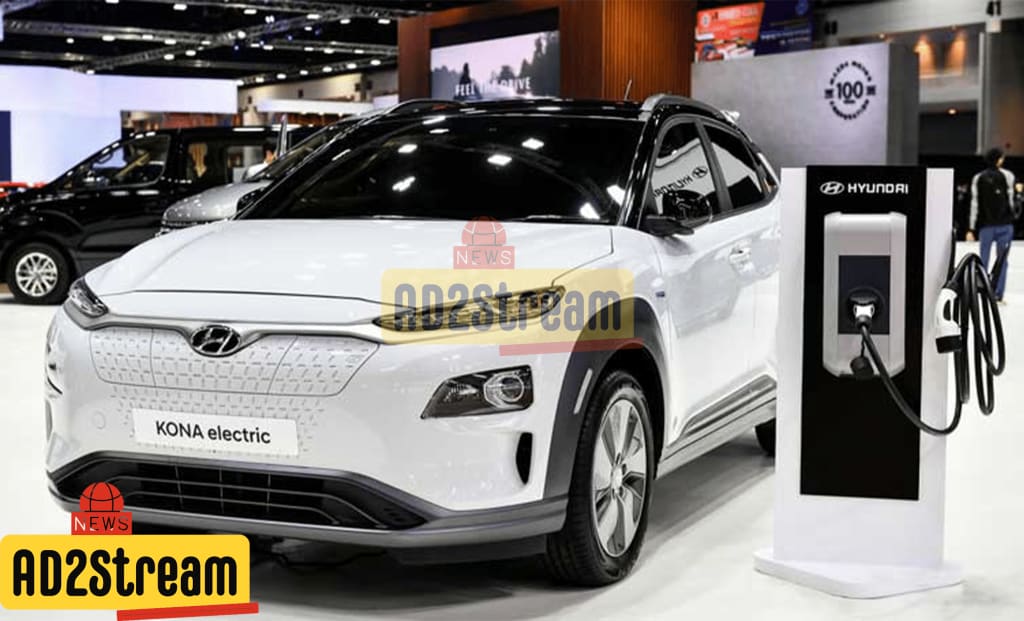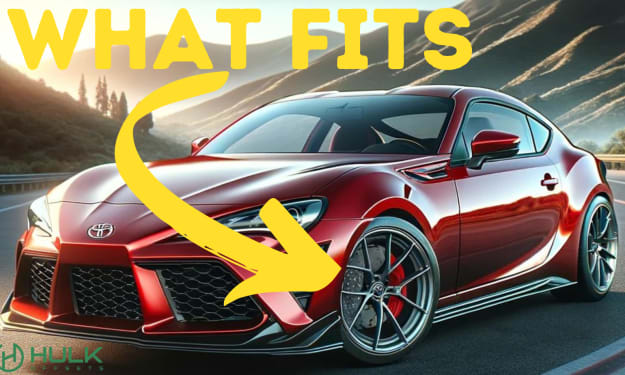Electric Vehicle Innovation: The Future of Indonesian Transportation
Electric Vehicle

Jokowi announced Indonesia's readiness to become a major player in the global electric vehicle industry when inaugurating the PT battery and electric vehicle ecosystem. Hyundai-LG Indonesia (HLI) Green Power in Karawang, West Java, Wednesday (3/7).
The President called this factory the largest electric vehicle (EV) battery cell facility in Southeast Asia. “I really appreciate Hyundai and LG's investment and the decision to build the largest electric battery cell factory in Southeast Asia. This is the first one and is already in production. "We hope that capacity will continue to increase every year, so that we enter the global supply chain," said Jokowi.
Jokowi's belief is based on Indonesia having all the elements to build an electric car ecosystem such as raw mineral materials, smelters and precursors. “I'm sure we can compete with other countries because mines, nickel, bauxite and copper are here. There are smelters, cathodes, precursors, EV batteries, and car factories. All integrated into the four-wheeled electric vehicle ecosystem. Who can stop us when conditions are so competitive like that?” he stressed.
This 319,000 square meter electric battery cell factory is a joint venture between the Hyundai Motor Group and LG Energy Solution with an investment value of IDR 160 trillion. In the first half of 2024, the plant's annual capacity will reach 10 GWh of battery cells, which is enough for 150,000 electric vehicles.
With technological updates, Indonesia is ready to become a major player in electric cars
Coordinating Minister for Maritime Affairs and Investment, Luhut Binsar Pandjaitan, stated that Indonesia is ready to become a key player in the electric vehicle industry and is ready to update technology. “Indonesia is ready to become a major player in the global supply chain for electric vehicles with an integrated ecosystem involving international stakeholders.
"This step will improve the economy, create thousands of jobs, support innovation and develop workforce skills," said Luhut. The Indonesian government is optimizing the electric vehicle ecosystem as proof of its commitment to innovation, environmental management, job creation and economic growth.
"Today is an important milestone in Indonesia's journey towards sustainable development and technological progress by validating the lithium battery and electric vehicle ecosystem," he added.
Indonesia Targets Mass Production of Electric Vehicle Batteries
Indonesia plans to reach a Battery Electric Vehicle (BEV) production capacity of 600 thousand units by 2030. Kona Electric production, which reaches 50 thousand units per year, will make a significant contribution to increasing national production capacity.
This production is estimated to be able to reduce CO2 emissions by around 160 thousand tons every year, reduce fuel oil (BBM) imports by 45 million liters per year, and save fuel subsidies of up to IDR 131 billion per year. This number is predicted to continue to increase as the number of electric vehicles operating on the highway increases.
Experts Opinion that Domestic Market Expansion Comes First
University of Indonesia economist, Josua Pardede, stated that Indonesia could become a major player in the supply chain and global electric vehicle industry thanks to its potential. Downstreaming of minerals such as nickel can be a driver of economic growth in the future.
However, Josua recommended that the government expand the domestic market first, because currently the electric car market share in Indonesia is only around three percent. “The price of electric cars is still relatively expensive.
Public demand and capabilities are still more in the LCGC segment with a price of IDR 200-300 million. It is important to improve the upskilling economy of the EV industry so that the price of electric cars is as economical as LCGC. If electric cars are expensive, demand is low. "This is contrary to the government's net zero emission program in 2060," said Josua.
Josua also hopes that the approval of the electric vehicle battery cell factory on Wednesday (3/7) will be followed by investment in other electric vehicle ecosystems. Upstreaming of electric vehicles has not yet had a significant impact on society.
"We hope that full downstreaming will occur domestically to increase labor absorption. If you only do two steps from raw materials, there is little benefit. Exports are high, but do local people enjoy them? "The impact on society has not yet been felt because the process is still taking place overseas and not fully in Indonesia," he said.
About the Creator
Enjoyed the story? Support the Creator.
Subscribe for free to receive all their stories in your feed. You could also pledge your support or give them a one-off tip, letting them know you appreciate their work.






Comments
There are no comments for this story
Be the first to respond and start the conversation.